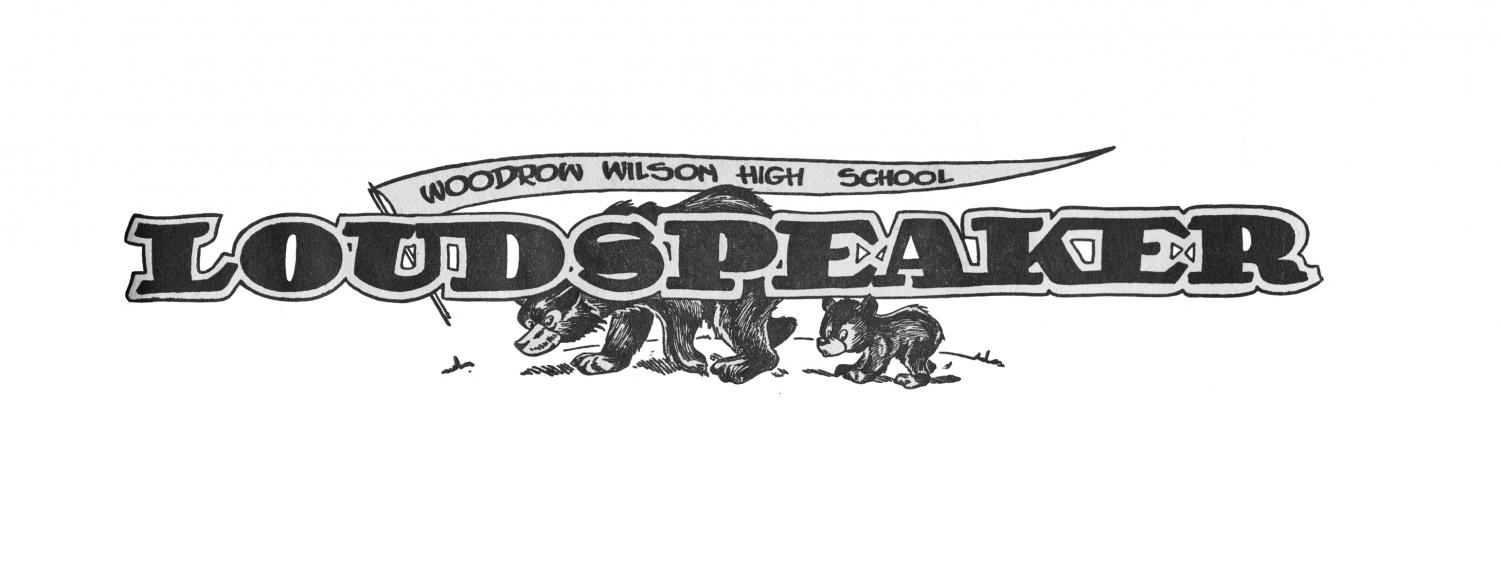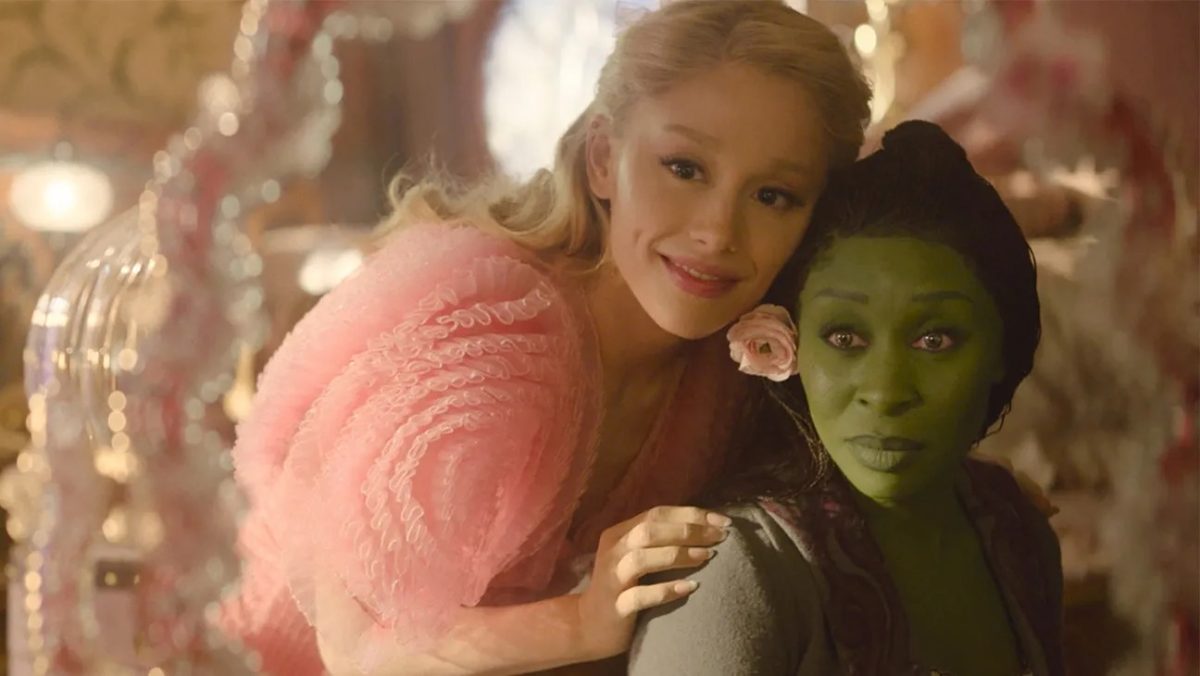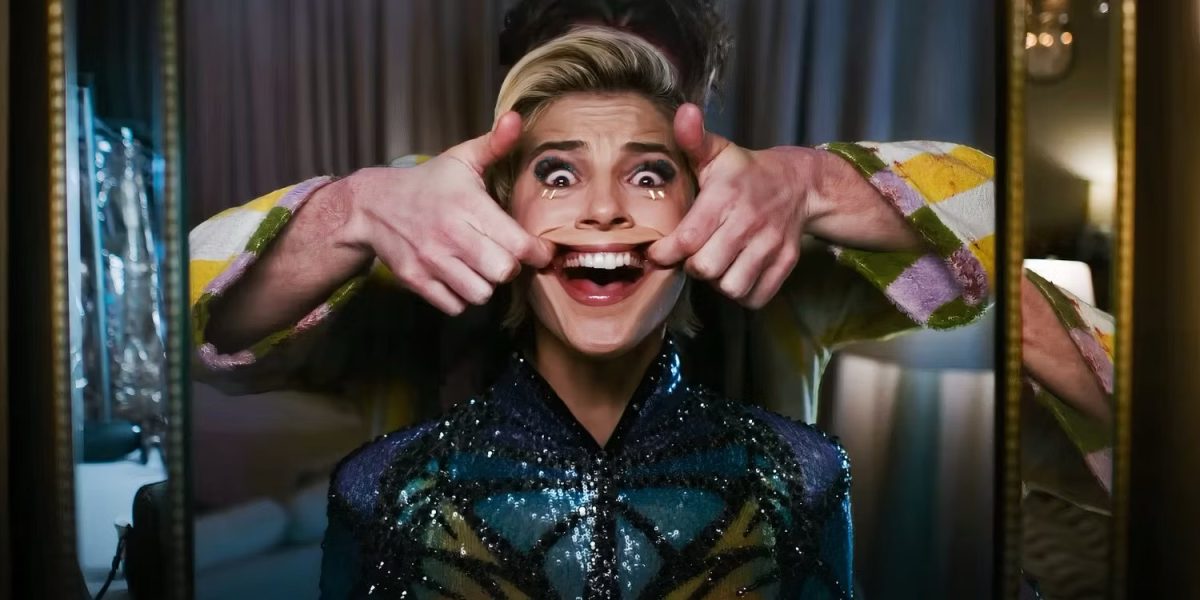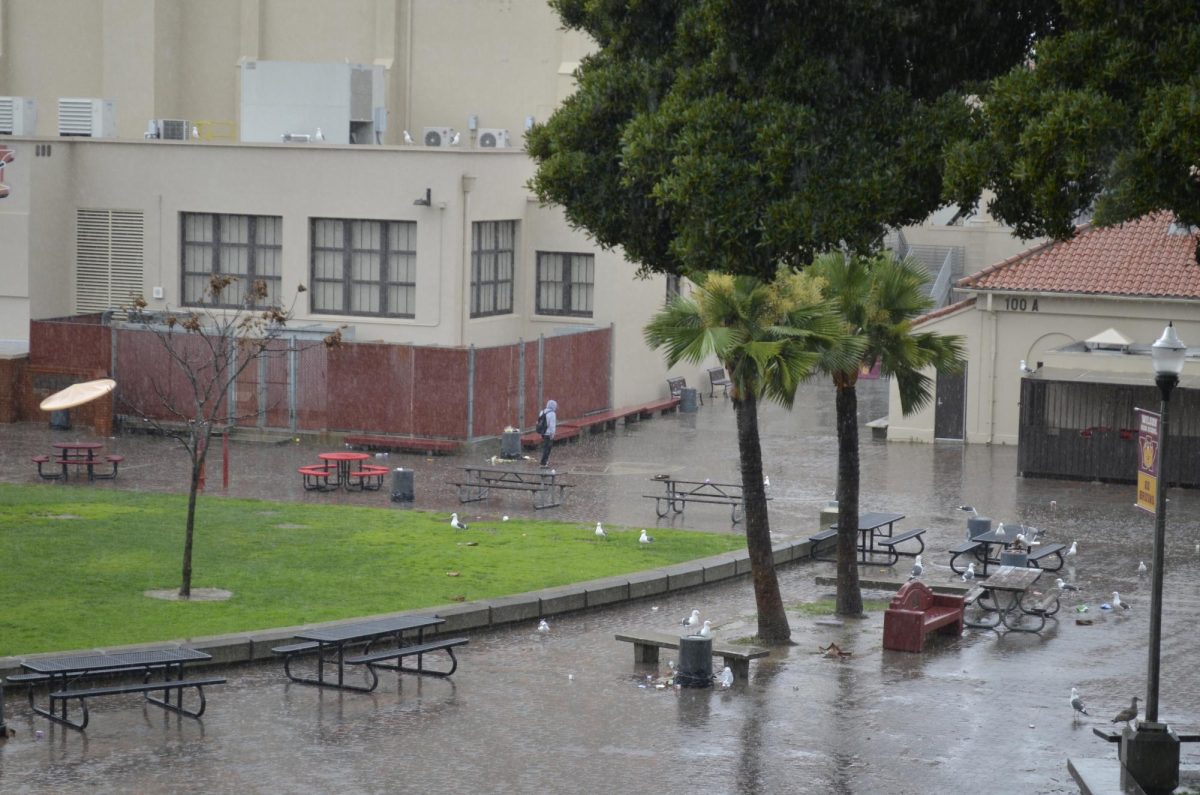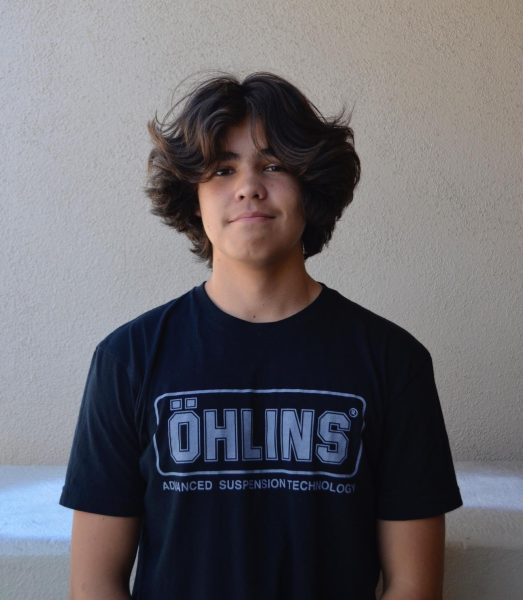LONG BEACH, CA- Indigenous People’s Day occurred on Monday, October 9th. This day is important to learn about because it is a day for the indigenous people in our country who are here currently and to honor the indigenous people who have been in this country for thousands of years. Mr. Kennedy, a history teacher at Wilson, was kind enough to share his view and answer some questions about Indigenous People’s Day.
When asked about what he hopes to accomplish by teaching about native people and their history he responded with, “to dispel some of the misperceptions of native people and give a more accurate depiction of the native population.”
“I’ve always believed in social justice and it’s the core of [his] essence as a teacher. Portraying American history warts and all. Not viewing history through rose colored glasses. And by doing so we can have a more accurate assessment of who we are as a people and we can make this a better, more equitable place for all Americans” Kennedy continued.
He was also asked about whether he thinks his efforts are getting through to the students and what could be done as a system to make these topics more engaging and interesting to learn about. He responded by saying that “some kids are indifferent and it’s hard to get to them. Although, the racist stereotypes from old time cowboy and indian movies are less prevalent nowadays.” He proposed an idea about “maybe inviting native people to campus to celebrate their heritage and maybe that could stir some interest in this history.” We’re thankful for his interesting input on this topic as a celebrated history teacher here at Wilson.
Many people believe that Native American history is overlooked in our education systems and especially the harm and pain done to them early on in our country. As Mr. Kennedy mentioned, it’s important to not look back at our country’s history with rose colored glasses and to educate students of all ages about the truth of what happened to all of these people because not doing so would dishonor their memory.
I think that I can speak for many people when I say my heritage is a confusing point of who I am. As the writer covering this topic I’d love to speak about my experience with my Native American blood, but I don’t have a very tangible connection to that side of my ancestry because my native family were never part of my life. Although I am only a quarter native I still take a lot of pride in that side of my ethnicity.
I was educated from a young age on the history of Native Americans, but the way they taught the historical significance of this heritage in elementary school definitely glossed over some tragic details. I grew up in the time when Columbus day was still celebrated in this country. I believe that the general student body is undereducated about the natives in American history, especially in elementary and middle school, possibly because what was done to the natives is gory and gruesome. I think that these feelings are needed when learning about the indigenous people of America because it’s the truth of what happened.
